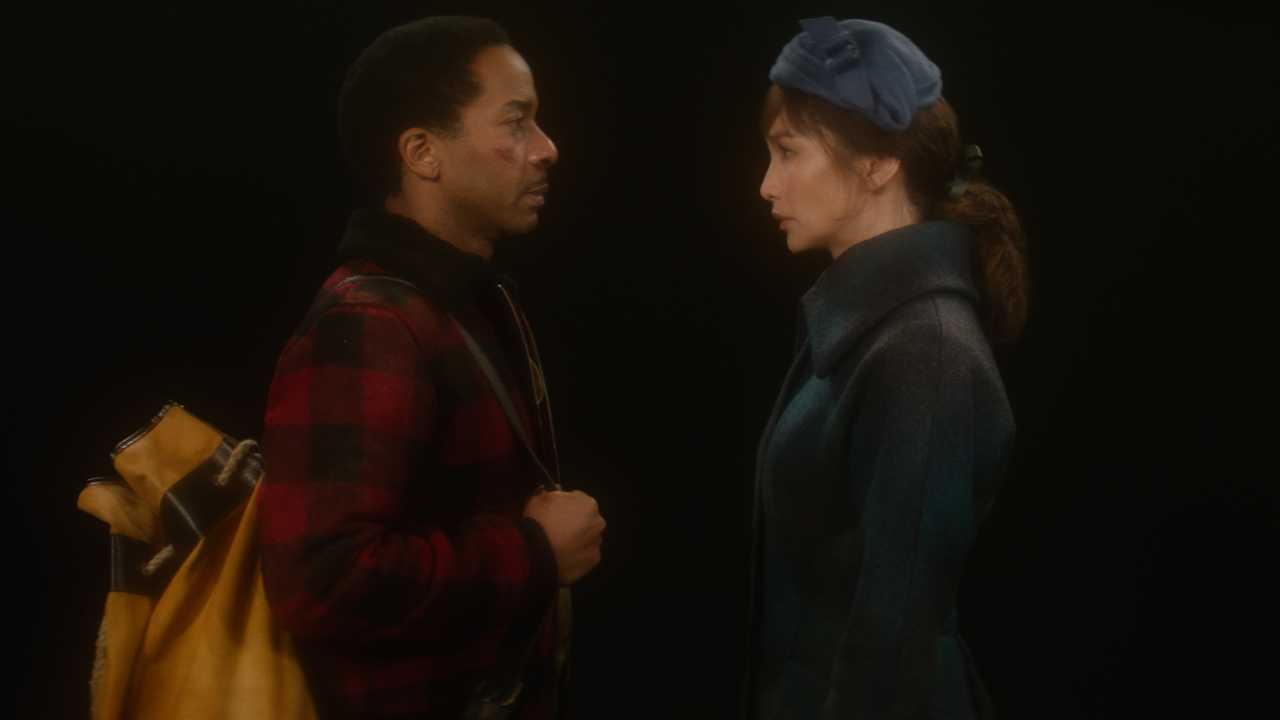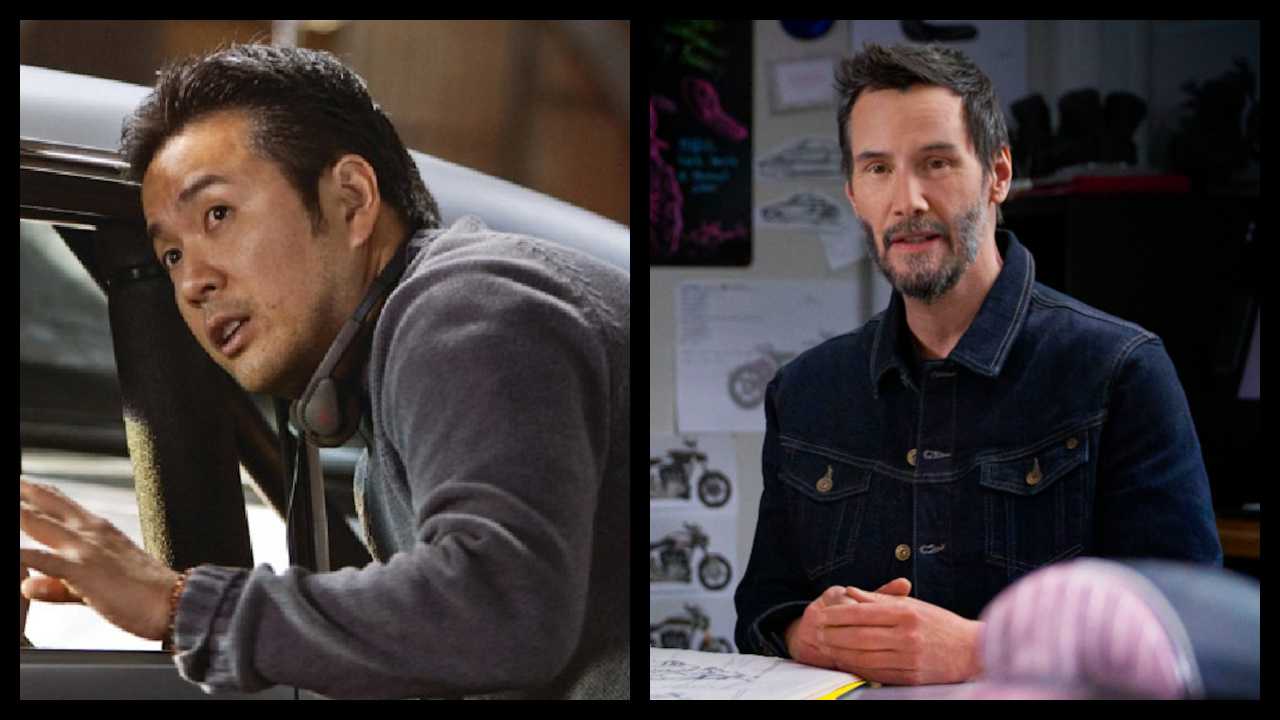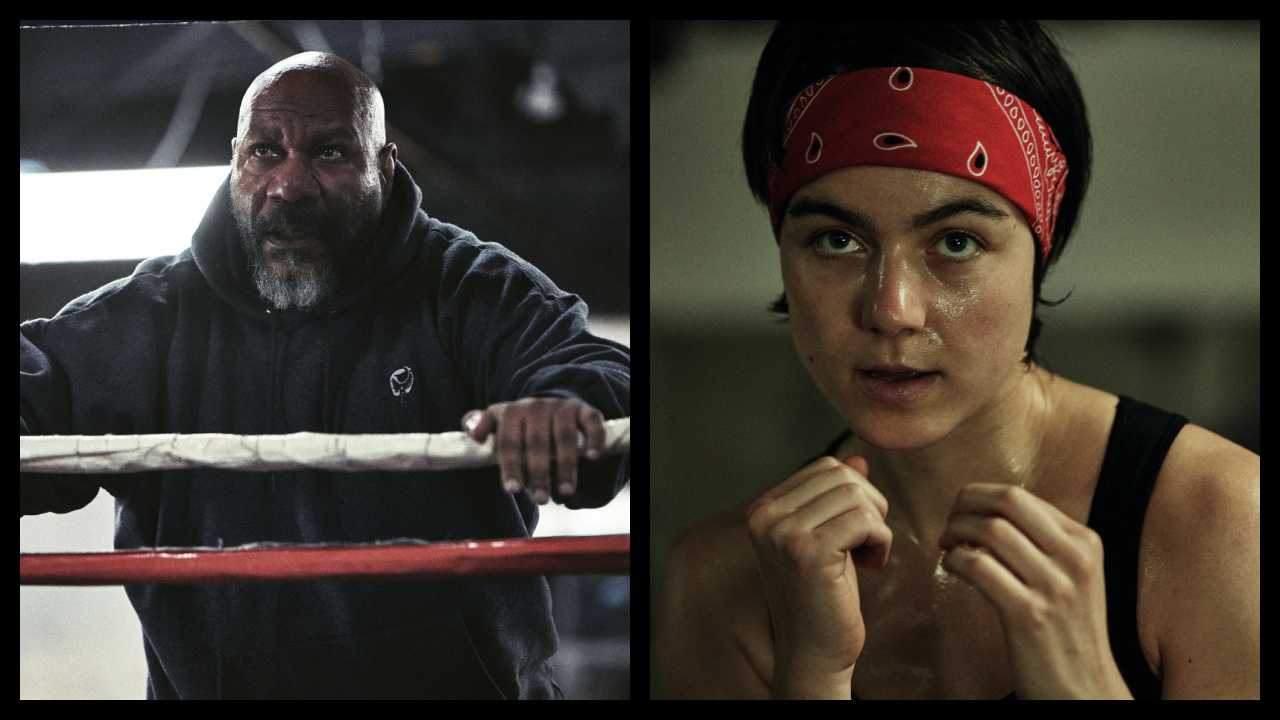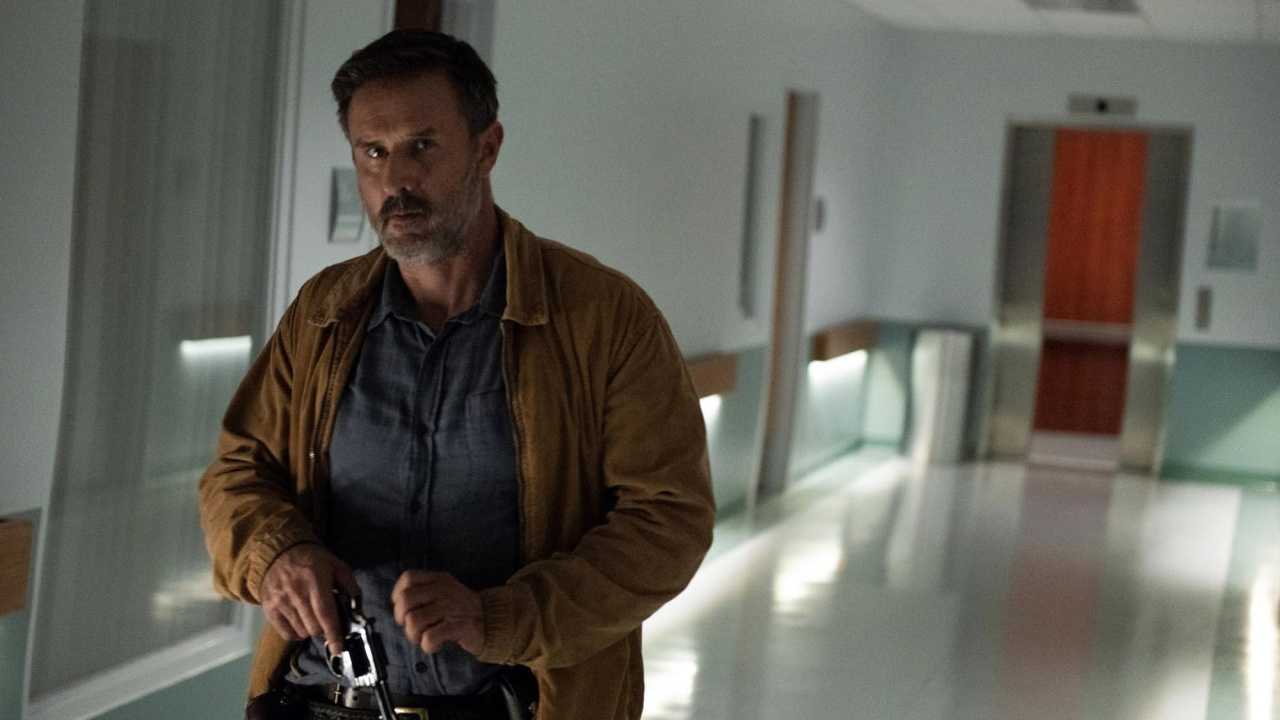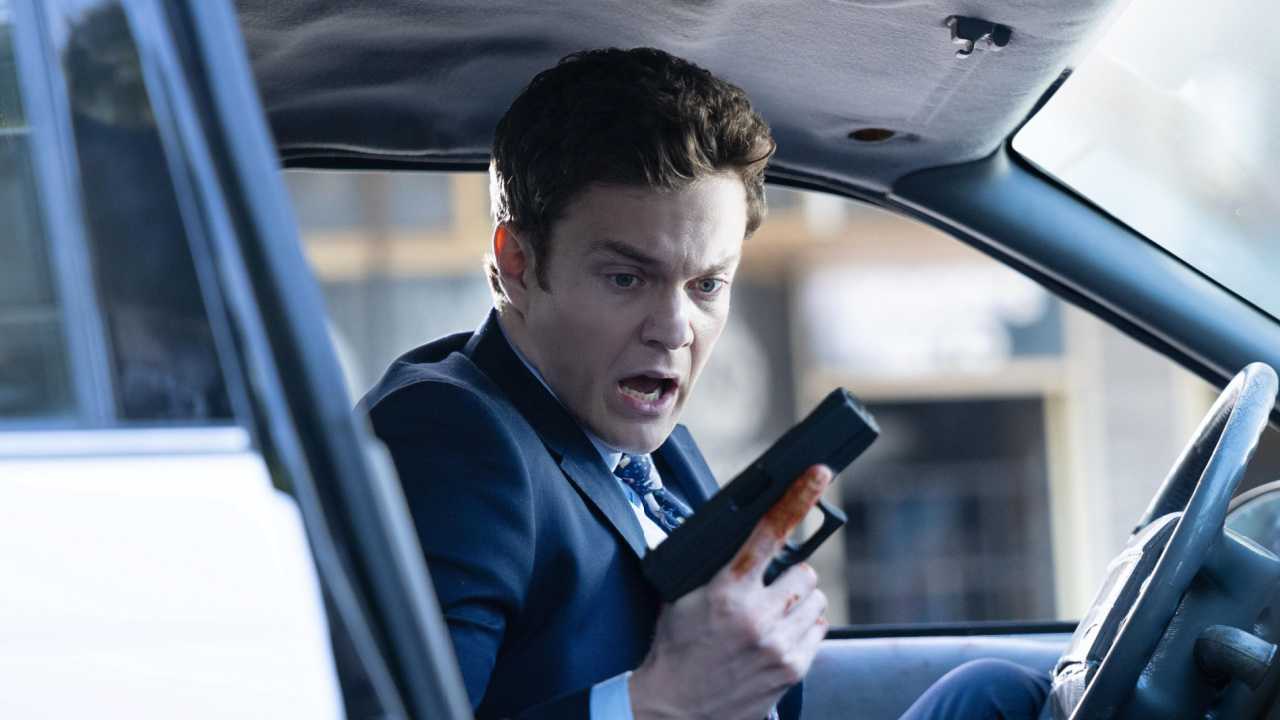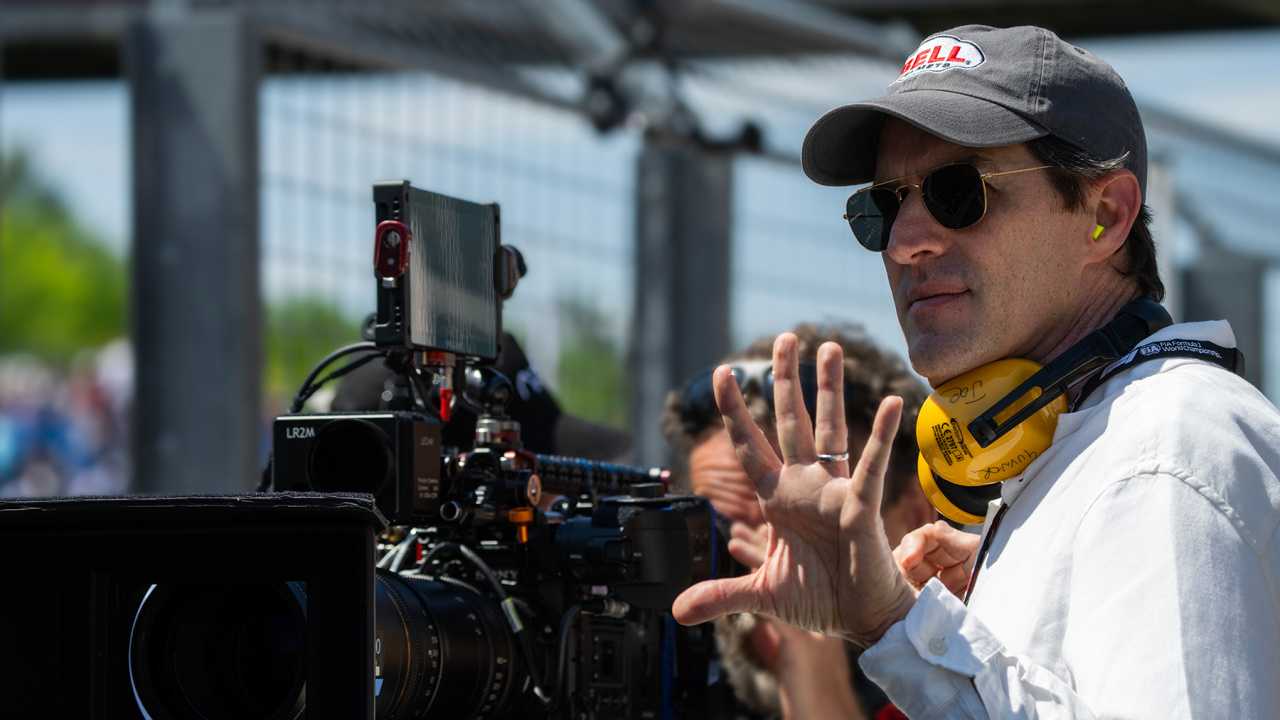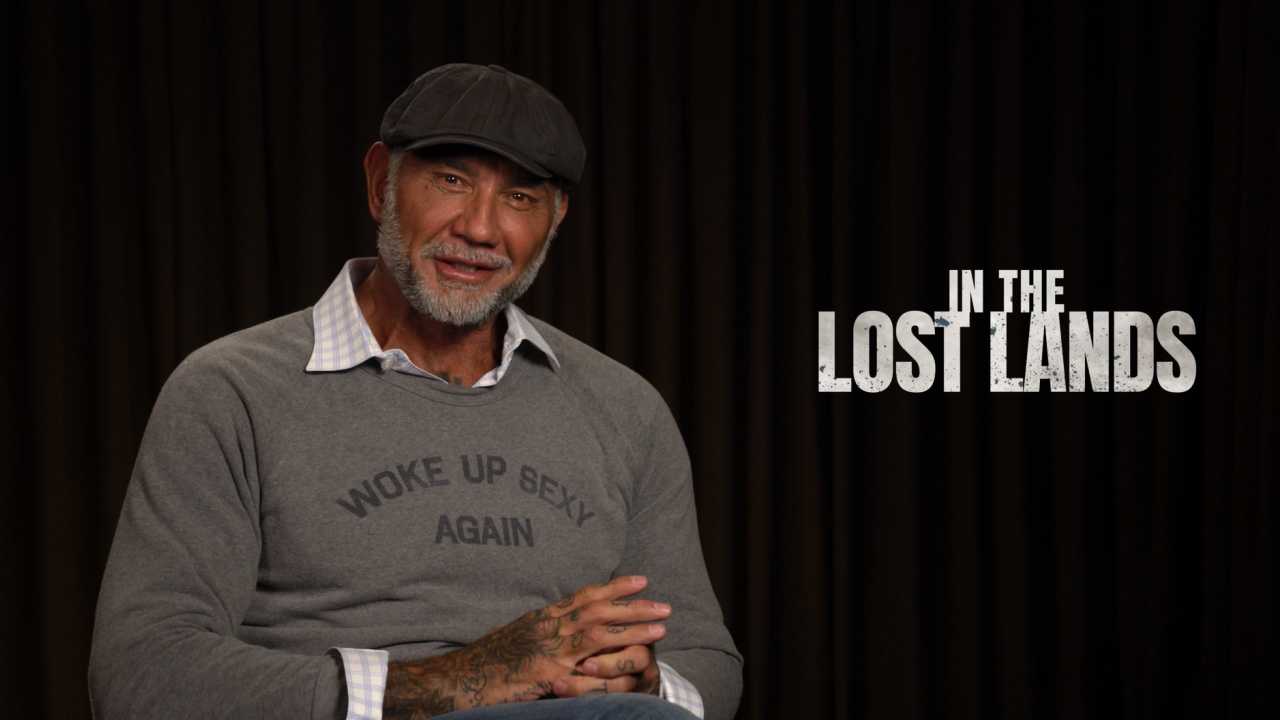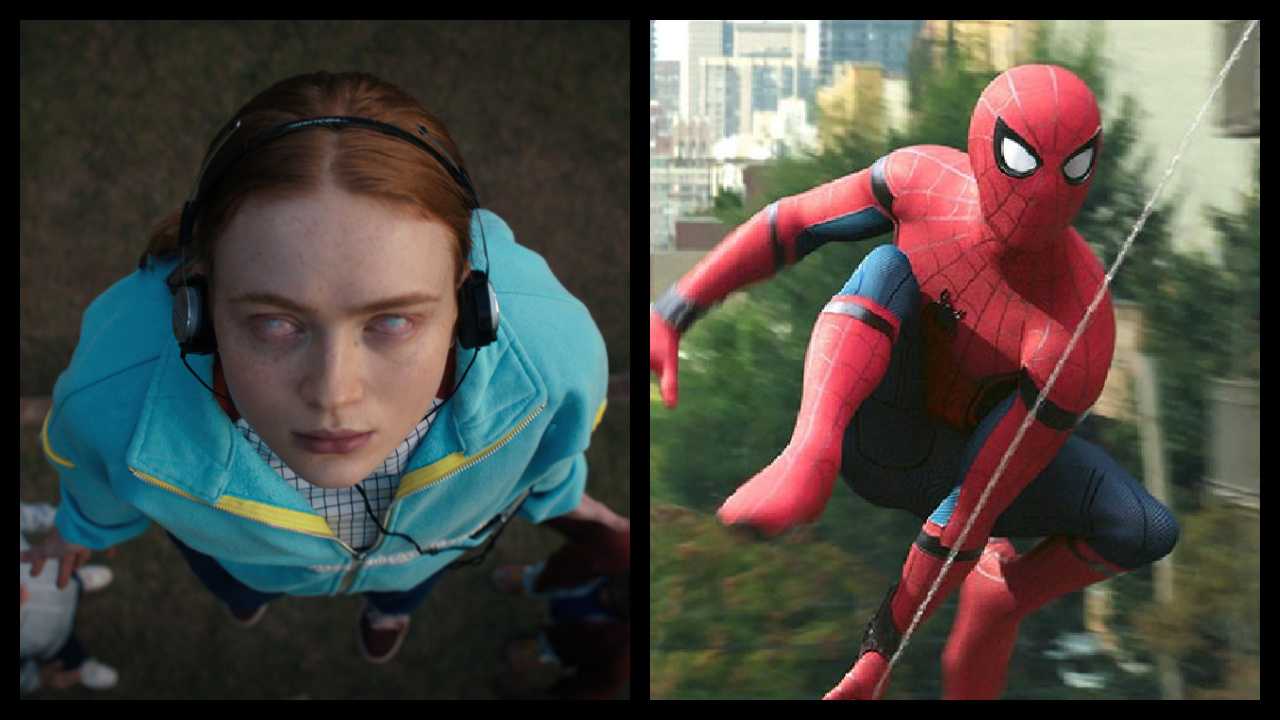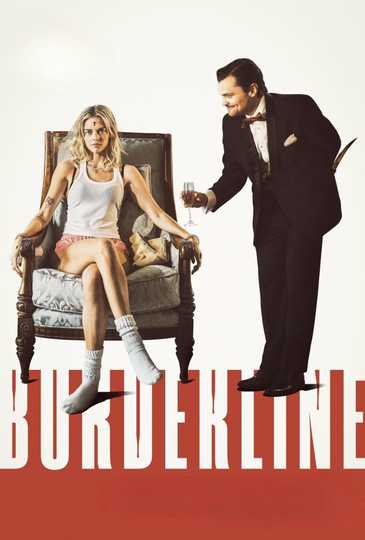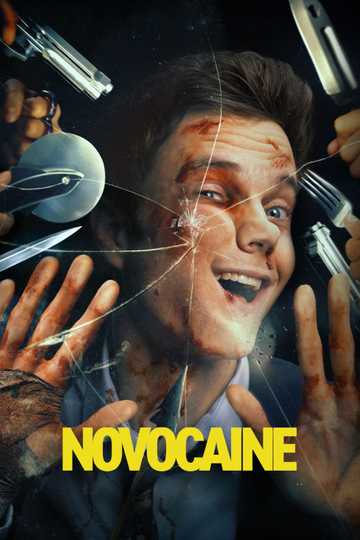9 Essential Quincy Jones Film Scores (& 3 From TV)
Quincy Jones
It’s quite possible that no artist has exerted a greater influence on contemporary popular music than Quincy Jones. An orchestrator, sideman, composer, arranger and producer for everyone from Ray Charles to Amy Winehouse, Jones has been a significant creative force for more than 65 years, covering hundreds of artists in dozens of genres. He has also composed scores for 24 films and countless television series -- and in some cases, that music has endured more vividly than the projects with which they were associated. To commemorate Jones’ 86th birthday, Moviefone takes a look back at some of the most distinctive, unique and memorable pieces of music he created for film and television throughout his career.
“Soul Bossa Nova” (1962)
Originally composed for Jones’ "Big Band Bossa Nova" album, this lively track was first used on screen in Rod Steiger’s “The Pawnbroker,” for which Jones composed the score, then later as the theme song to the Canadian game show “Definition” -- which is where Mike Myers fell in love with it, leading him to immortalize it in “Austin Powers.”
“Who Needs Forever?” (1966)
Jones composed a number of scores in the 1960s for crime and heist films, and “The Deadly Affair,” based on a John Le Carre novel, features a combination of orchestral jazz cues and bossa nova-influenced pieces, no doubt a reflection of the latter genre’s popularity at the time. Jones even enlisted “Girl From Ipanema” vocalist Astrud Gilberto for this lush, romantic title theme.
'In The Heat of the Night' (1967)
Anchored by a groovy, Southern-soul song by longtime collaborator Ray Charles, Jones’ score for Norman Jewison’s 1967 Best Picture winner simmers with brassy unrest and bluesy resignation, evidencing the composer’s innate understanding of how best to create the musical atmosphere that a film needs.
'In Cold Blood' (1967)
Quincy Jones scored a commercial and creative breakthrough with his music for this adaptation of the Truman Capote book of the same name, exploring darker and more mysterious textures, and even a few funky grooves. Black composers were virtually unrepresented in Hollywood until this point, making it not just a musically but historically significant achievement.
'The Italian Job' (1969)
Jones demonstrated his versatility and facility with a broad variety of musical styles with the score to this iconic crime caper, which utilizes a number of patriotic British standards as well as a mash-up of styles to create a sort of mini musical time capsule of swinging ‘60s London.
'They Call Me Mr. Tibbs!' (1970)
Though less memorable as a film than its Oscar-winning predecessor, Jones graduated to a sound that was decidedly more urban with this sequel to “In The heat of the Night,” just preceding the blaxploitation era with this collection of tracks that would become his hallmark in the years after its release.
“Ironside” (1971)
Quentin Tarantino would poach the opening sirens from this for The Bride’s “alert” music in “Kill Bill Vol. 1” (an homage to the 1972 martial arts film “King Boxer,” which roughly did the same), but his work for Raymond Burr’s series marked the first use of a synthesizer in a television theme. But if you stick around after those sirens stop blasting, the four-minute track offers a great, propulsive groove for just about any kind of showdown.
“The Streetbeater” (1972)
This piece of music for “Sanford and Son” ranks among the most famous and memorable television theme songs ever recorded, thanks to its wonderfully shaggy groove featuring saxophonist Ernie Watts.
'The Getaway' (1972)
My personal favorite of his film scores, the entirety of the music from Sam Peckinpah’s film has never been officially released, but his collaboration with harmonica maestro Toots Thielmans reached its peak both in terms of virtuosity and its perfect suitability to the tone and story of this ex-convict (Steve McQueen) and his wife (Ali McGraw) trying to evade the crooks who tried to double cross him -- after he’d already double crossed them.
‘Roots’ (1977)
Jones’ score for this groundbreaking, historic television miniseries both incorporated a number of traditional African elements as a backdrop - a thumbnail sketch of black musical history - as well as more contemporary ballads to communicate both the pain and the resilience of generations of who endured, and survived, unimaginable abuse and mistreatment during centuries of slavery.
'The Wiz' (1978)
Though I’d insist that Sidney Lumet’s adaptation of this “Wizard of Oz” update and Broadway musical works better in a truncated form on screen, Jones’ musical accompaniment remains pretty incredible from start to finish, thanks to incredible collaborations with Nipsey Russell, Diana Ross and Michael Jackson, which led to his and Jackson’s incredible seven-year, three-album run together in the 1980s.
'The Color Purple' (1984)
Not unlike his work on “Roots,” Jones partners with director Steven Spielberg for this adaptation of Alice Walker’s novel for music that showcases both the irrepressible life of black Americans and the pain that they endured - in some cases, at each other’s hands. The score seems to bring full circle so many of the phases of Jones’ career as a composer, utilizing blues, gospel, and more traditional orchestral elements in one cohesive whole - which is why it’s not surprising that he received two Oscar nominations, for Best Song and for Best Original Score, for his exceptional work.



